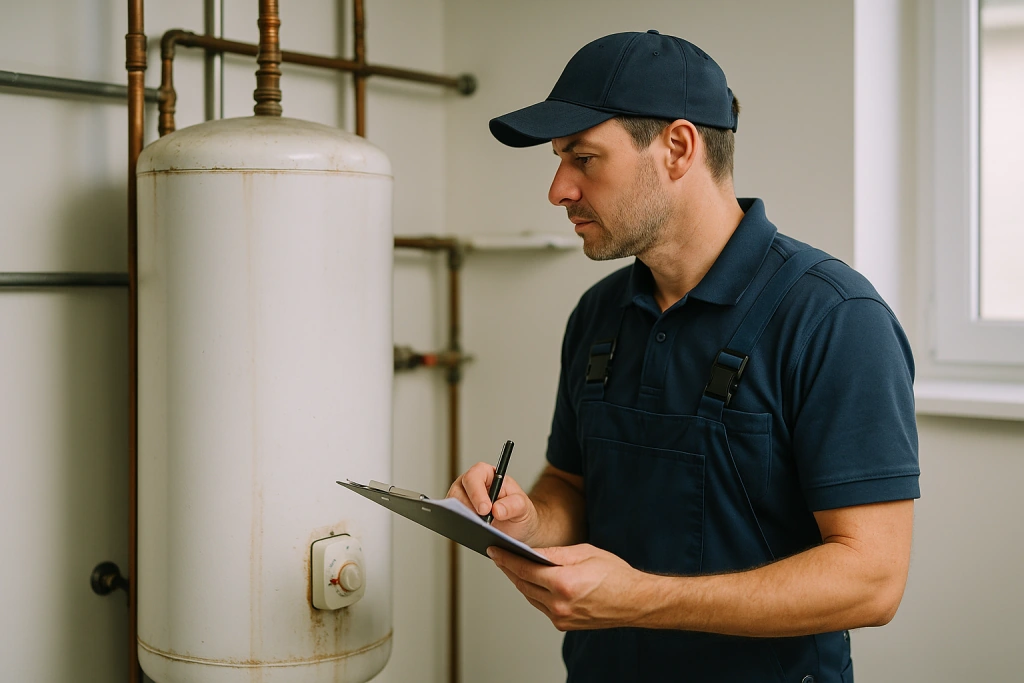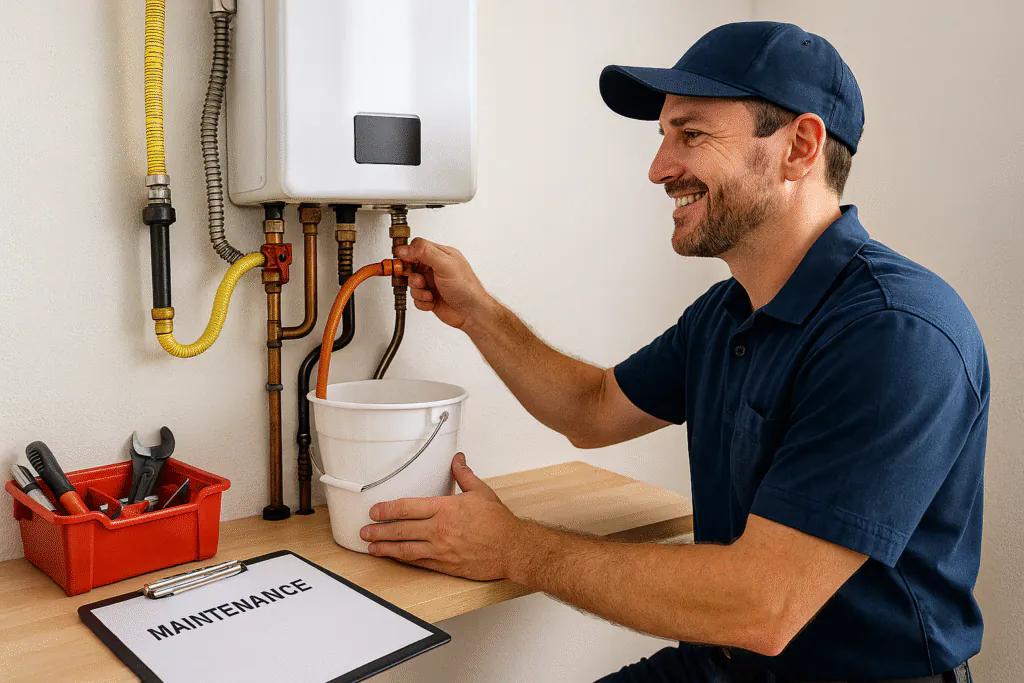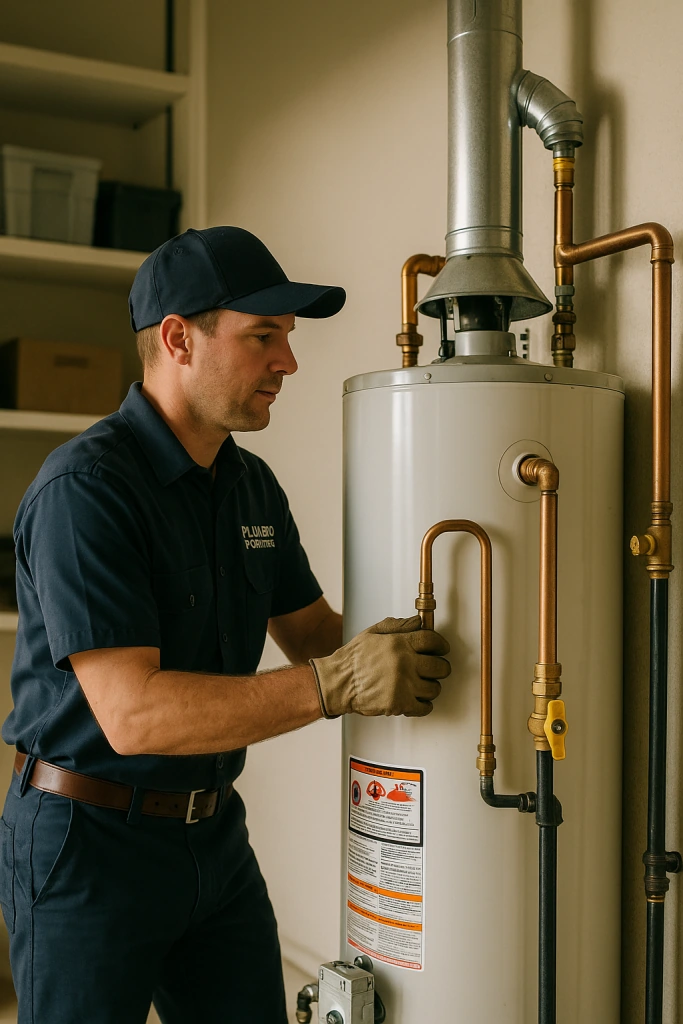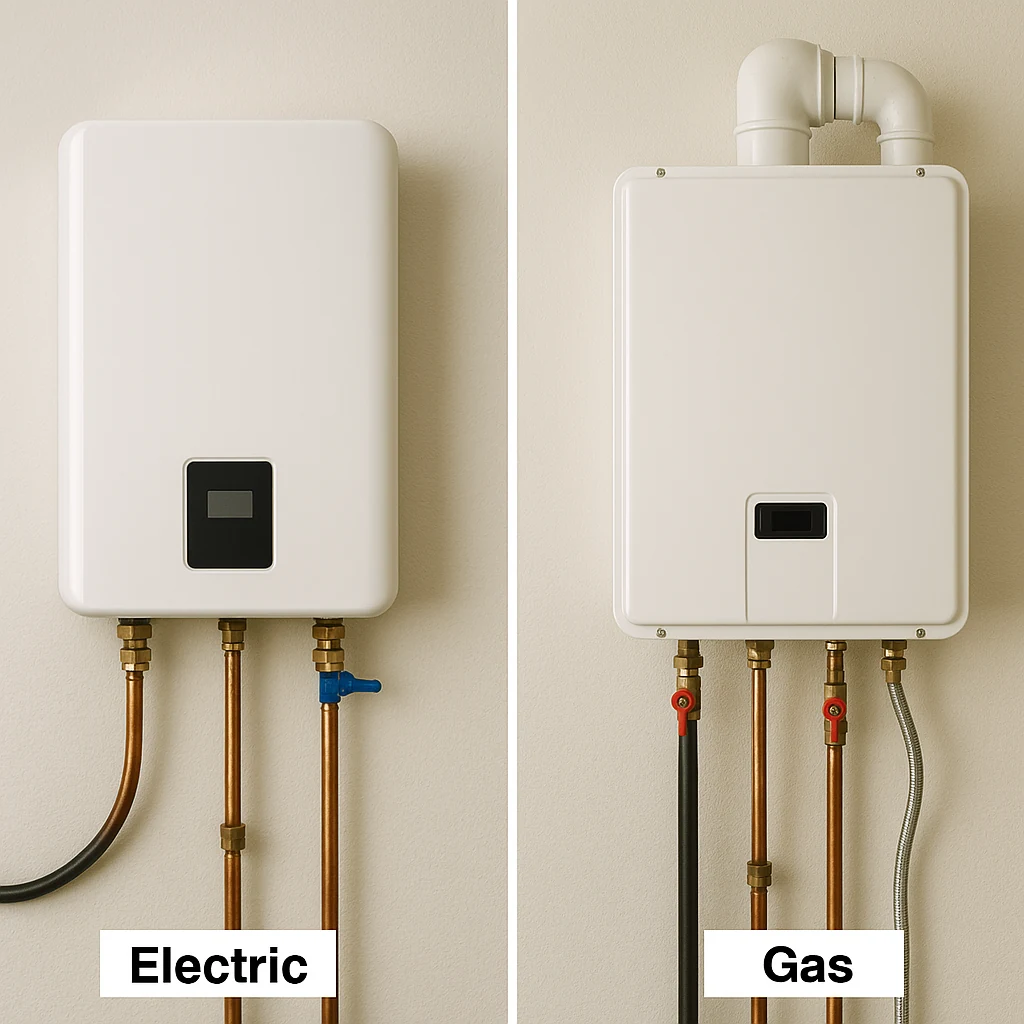Understanding Water Heater Installation Costs: A Comprehensive Guide

When considering a new water heater, one of the first questions homeowners ask is, How much will it cost to install? https://anytimeplumbing.net/water-heater-installation-cost/ provides a detailed breakdown of average costs. Depending on your choice, installing a water heater can range from a few hundred dollars for smaller electric units to several thousand for high-capacity tankless systems. Understanding the factors that influence these costs can help homeowners make informed decisions and avoid unexpected expenses.
Factors Influencing Water Heater Installation Costs
Several elements contribute to the overall cost of installing a water heater:
Type of Water Heater
- Traditional Tank Water Heaters: These are the most common and typically less expensive options. They store a large volume of hot water and are available in various sizes. While upfront costs are lower, they may consume more energy over time, affecting your utility bills.
- Tankless Water Heaters: Also known as on-demand water heaters, they heat water only when needed. Tankless models are energy-efficient, offer a longer lifespan, and save space, but they come with a higher upfront cost due to advanced technology and more complex installation requirements.
Size and Capacity
The size of the water heater is directly proportional to its cost. Smaller units (30–40 gallons) are generally less expensive, while larger units (75 gallons and above) can significantly increase your budget. For example, a 40-gallon tank water heater may cost between $3,000 and $4,500 to install, whereas a 75-gallon unit could reach $4,500 to $6,000 or more. Larger households typically require higher-capacity units to ensure adequate hot water supply.

Energy Source
Water heaters can operate on electricity, natural gas, or solar energy. Electric models are usually less expensive to install but may have higher operational costs. Gas-powered units often provide faster heating and lower energy bills but might require venting modifications and gas line adjustments, adding to installation expenses. Solar water heaters are environmentally friendly but involve higher upfront costs and specialized installation.
Installation Complexity
The complexity of installation can affect the overall cost. If the existing plumbing and electrical systems are compatible, installation will be straightforward and less expensive. However, homes with older plumbing, inadequate venting, or electrical limitations may require additional work, such as upgrading circuits, pipes, or structural support, which increases the total cost.
Permits and Code Compliance
In many regions, installing or replacing a water heater requires a permit to ensure compliance with local building codes. Permit fees vary, and failing to obtain the necessary approvals can result in fines or issues during home resale. Hiring a licensed professional ensures compliance and safe installation.
Disposal of Old Unit
Removing and disposing of an old water heater adds to the overall cost. Some installation services include this in their price, while others charge separately. Proper disposal is essential as old units can contain hazardous materials that require special handling.

Additional Costs to Consider
Beyond the basic installation, homeowners should be aware of potential extra expenses:
- Upgrades: Homes may require upgrades like improved ventilation, expansion tanks, or structural reinforcements to accommodate the new water heater.
- Maintenance Plans: Opting for a maintenance plan can prolong the life of your water heater, preventing issues such as sediment buildup or corrosion, but it comes at an additional cost.
- Energy Efficiency Features: High-efficiency water heaters reduce long-term energy costs, although their upfront price may be higher. Look for ENERGY STAR® certified models to maximize energy savings.
Tips for Reducing Installation Costs
- Compare Multiple Quotes: Get estimates from several licensed plumbers to ensure competitive pricing.
- Choose the Right Size: Oversized water heaters waste energy and money, while undersized units may not meet your household needs.
- Schedule Installation During Off-Peak Seasons: Plumbing services may offer discounts during slower months.
- Consider Package Deals: Some companies provide discounts when purchasing the water heater and installation together.
Conclusion
Installing a new water heater is a significant investment, and understanding the factors that influence cost helps homeowners make informed decisions. By considering the type, size, energy source, installation complexity, and potential additional costs, you can plan effectively for this essential home upgrade. Always consult with a licensed professional to ensure proper installation and compliance with local regulations.


